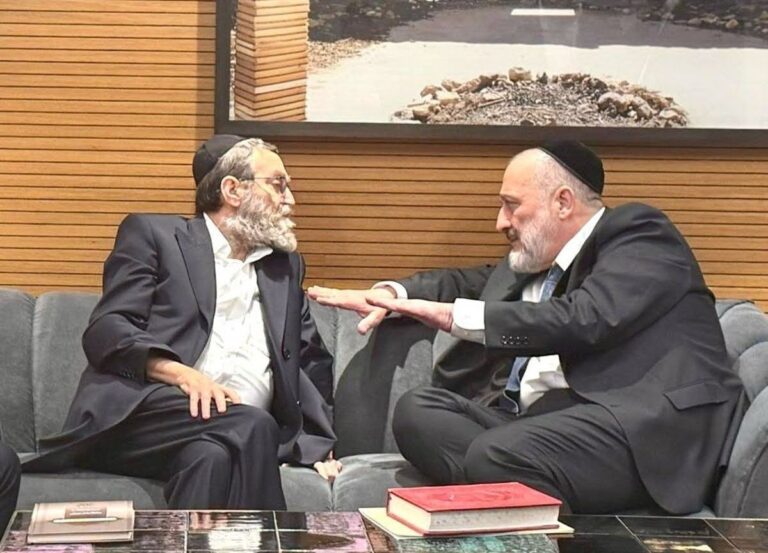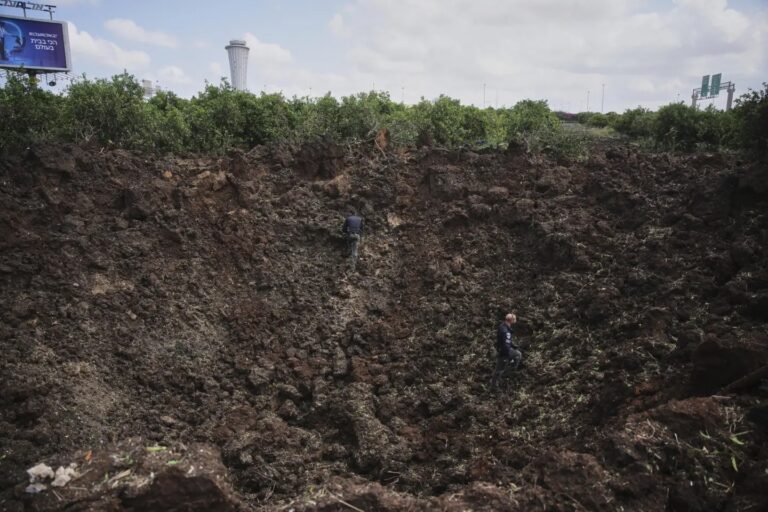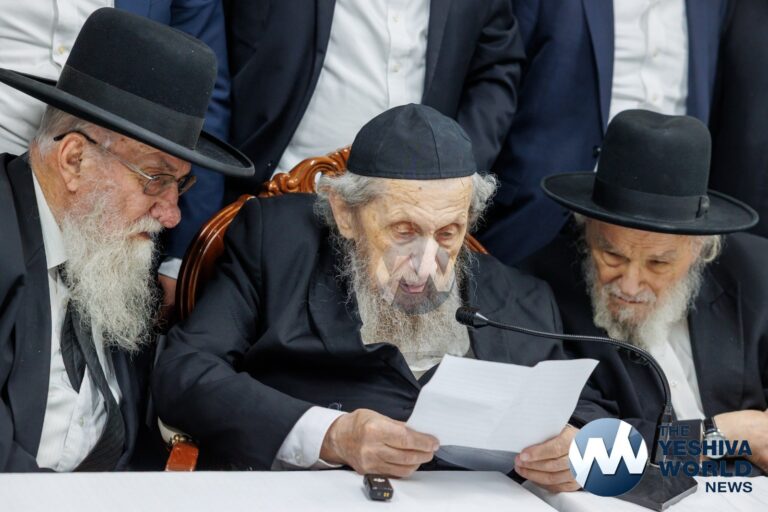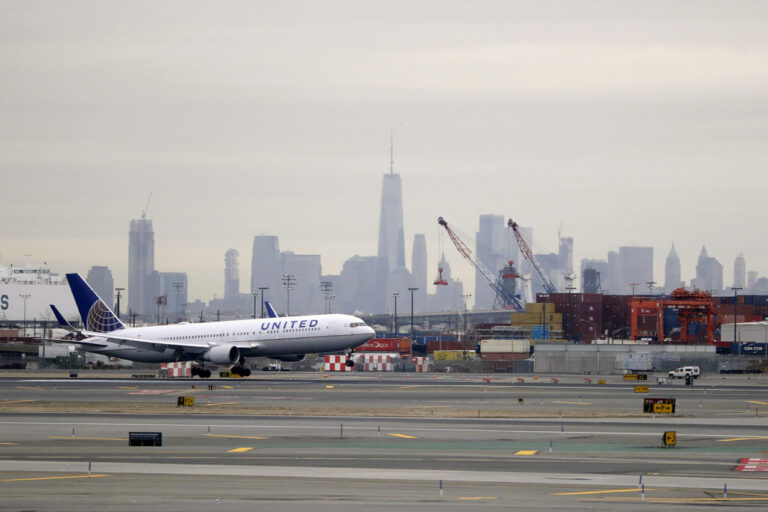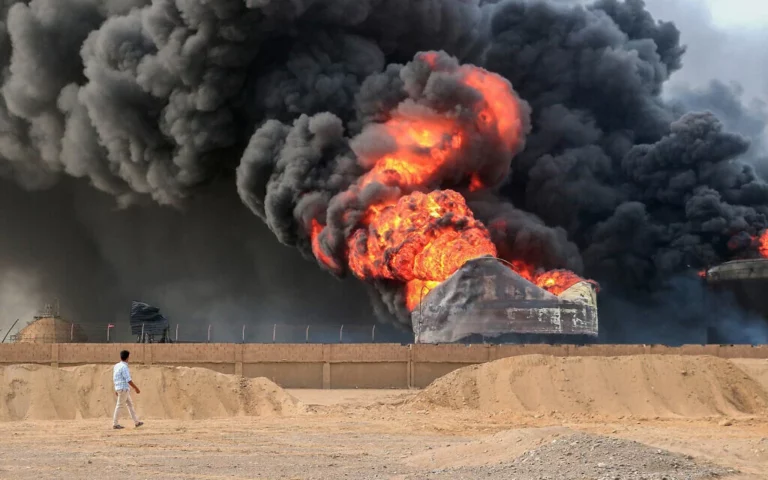 First there were three nations negotiating with Tehran over its nuclear program. Then six. And now, mostly one — the United States.
First there were three nations negotiating with Tehran over its nuclear program. Then six. And now, mostly one — the United States.
Washington insists that the Iran-six power negotiations are alive and well. But with a deadline to a deal only eight weeks away, the U.S. is increasingly reshaping the talks it joined five years ago into a series of bilateral meetings with Iran as the two nations with the greatest stakes race to seal a deal — and strengthen ties broken more than three decades ago.
The shift began in 2009 when the U.S. thawed its 30-year freeze on talking to Tehran — in place since the Iranian revolution and siege of the American Embassy — and joined other nations at the nuclear negotiating table.
It gathered steam with a series of secret U.S.-Iran nuclear meetings starting in 2012, and culminated with a 15-minute telephone conversation last year between the President Barack Obama and Hassan Rouhani, Iran’s newly elected president.
U.S. officials now regularly exchange phone calls and emails with their Iranian counterparts. U.S. Secretary of State John Kerry and Iranian Foreign Minister Mohammad Javad Zarif have met several times on the nuclear issue since last year, the latest during the current round of negotiations that ended Friday.
As those contacts grow, the two sides have begun discussing other issues.
A senior U.S. official said that every U.S.-Iran meeting during the current session has included conversation about the whereabouts of former FBI Agent Robert Levinson, journalist Jason Rezaian and other Americans missing or detained in Iran. The common threat posed by the Islamic State group of militants also was discussed, said the official, who declined to go into details and demanded anonymity in line with State Department custom.
Such developments hold the promise of expanded dialogue and slowly mending U.S.-Iranian ties, should the nuclear talks result in a deal by the Nov. 24 target date.
Former U.S. negotiator Gary Samore says that even when limited to the nuclear issue, the growing Iran-U.S negotiating axis is “an extremely good thing,” because it streamlines the talks between the two main players, allowing them to advance more quickly.
Not all feel that way, according to three Western diplomats who demanded anonymity because the information is confidential. They said some delegation members from Western nations feel they have been sidelined as the U.S. role grows.
But Samore, who moved to Harvard’s Belfer Center think tank last year but remains briefed on the progress of the talks, says that — while America has taken the lead, “it’s not true that the United States is hiding things from its allies. There are consultations back and forth.”
The senior U.S. official acknowledged that “at times, Iran wants to sit down with us … because we hold the lion’s share of sanctions.” At the same time, the official insisted teams from all nations involved in the talks were fully in the loop, meeting directly for extensive discussions with Tehran’s negotiators and among themselves.
Asked if America had hijacked the talks, EU spokesman Michael Mann said they continue to be led by EU foreign policy chief Catherine Ashton. Formally at least, she and others remain in the game.
With the latest round held on the sidelines of the U.N. General Assembly, foreign ministers of Russia, China, Britain, France and Germany met Iran’s Zarif on the nuclear issue. Ashton, who was appointed to coordinate the talks, presided over one full meeting of the six nations plus Iran. She also met three times with Zarif and another three times with Zarif and U.S. Secretary of State John Kerry over the eight-day round.
But Samore points to past nuclear talks between North Korea and six other nations in arguing for the strong U.S. role in the Iran negotiations.
Those, he says were done bilaterally between Washington and Pyongyang and presented to the other countries for ratification. He says multinational negotiations “are far too clumsy.”
Samore agrees that the slowly opening diplomatic door has a chance of leading to slow U.S.-Iran reconciliation and ultimately even cooperation on issues such as a common front on countering IS. But he warns against undue expectations should the negotiations fail.
“Washington would be eager to continue talking,” he says. “But I wouldn’t be surprised if Iran decided to boycott and ban any further bilateral meetings.”
(AP)


